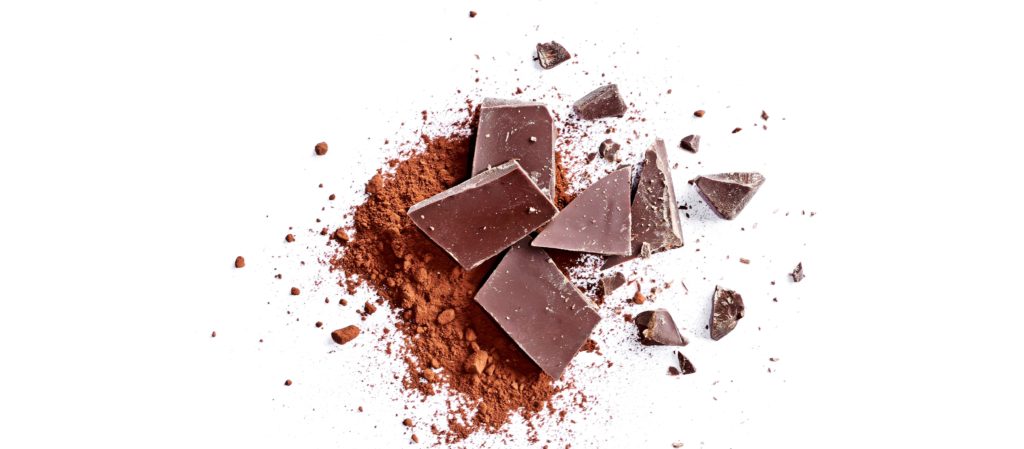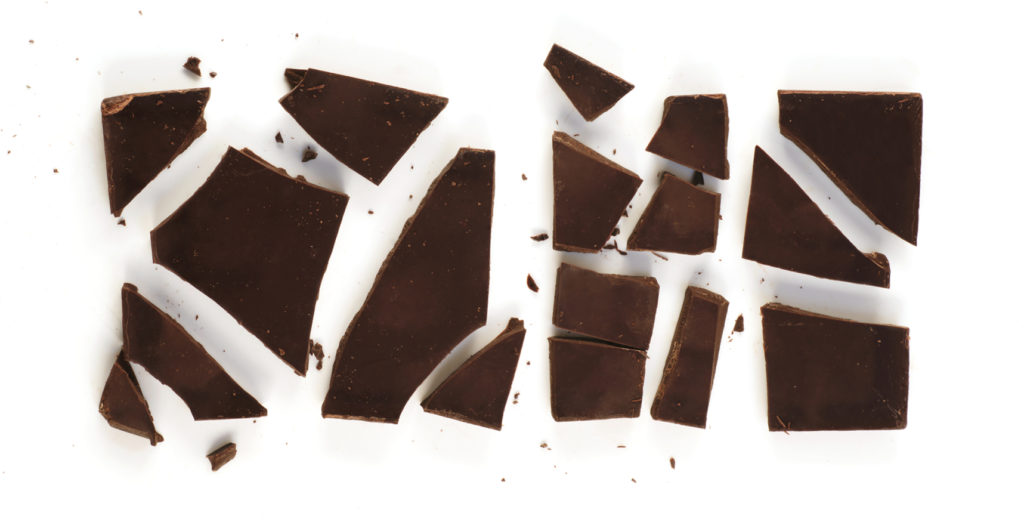What’s a “Healthy Dose” of Chocolate For Women?
At least once a year, we review new studies bragging about the benefits of eating chocolate for your health and gut. Some of these studies read like ads for the newest “healthy” chocolate candy, and often sound too good to be true.
This latest study we reviewed claims eating 100 grams of milk chocolate consistently at specific times of the day can help post-menopausal women lose weight and improve their gut health.
But there always seems to be a catch…
The good news
Researchers from Brigham and Women’s Hospital and Spain compared the health of 19 post-menopausal women from Spain with healthy BMIs in relation to eating 100 grams of milk chocolate at very different times during the waking day.
Over a nine-week period, patients would alternate between periods of eating milk chocolate within an hour of waking up for the day, an hour before going to sleep at night or not eating it at all.
During the study, women never gained significant weight during any prescribed time period, but lost inches around their waists — only after consuming milk chocolate in the morning.
At night, women experienced far less hunger and cravings for sweets when eating milk chocolate, plus their guts produced greater quantities of short-chain fatty acids (SCFAs), leading to beneficial changes in some gut bacteria species.
Can chocolate really help manage your weight and gut?
Before you begin stocking up on milk chocolate in an effort to improve your health, here’s something to think about…
Eating 100 grams of milk chocolate every day amounts to consuming just under a quarter-pound of the sweet stuff, about 25 grams of fat, 50 grams of sugar (depending on how it’s processed) and 18 grams of caffeine. All of these variables create problems if you’re wanting to maintain healthy blood sugar levels.
Achieving those kinds of nutritional benefits may be possible in a study, but not necessarily in the busy world we live in with a multitude of daily responsibilities.
You must have a healthy gut and get the basics right (good sleep, good exercise, good diet) if you want to even consider trying chocolate in the first place.
In addition to making those lifestyle changes, taking a probiotic with targeted strains of beneficial bacteria and a prebiotic (that feeds the good guys in the gut) has helped patients get a good start on their weight-loss journey.
For example, EndoMune Metabolic Rescue features two key components — Bifidobacterium lactis and the prebiotic XOS — that aid in a healthy weight loss by improving metabolic efficiency and stimulating the release of hormones in your gut that reduces your appetite and waistline.
Do you really need a “healthy dose” of chocolate when taking care of your health and gut can make a real difference?
References
100 grams = 3.5 ounces
What’s a “Healthy Dose” of Chocolate For Women? Read More »




